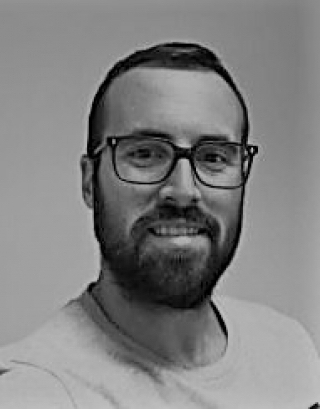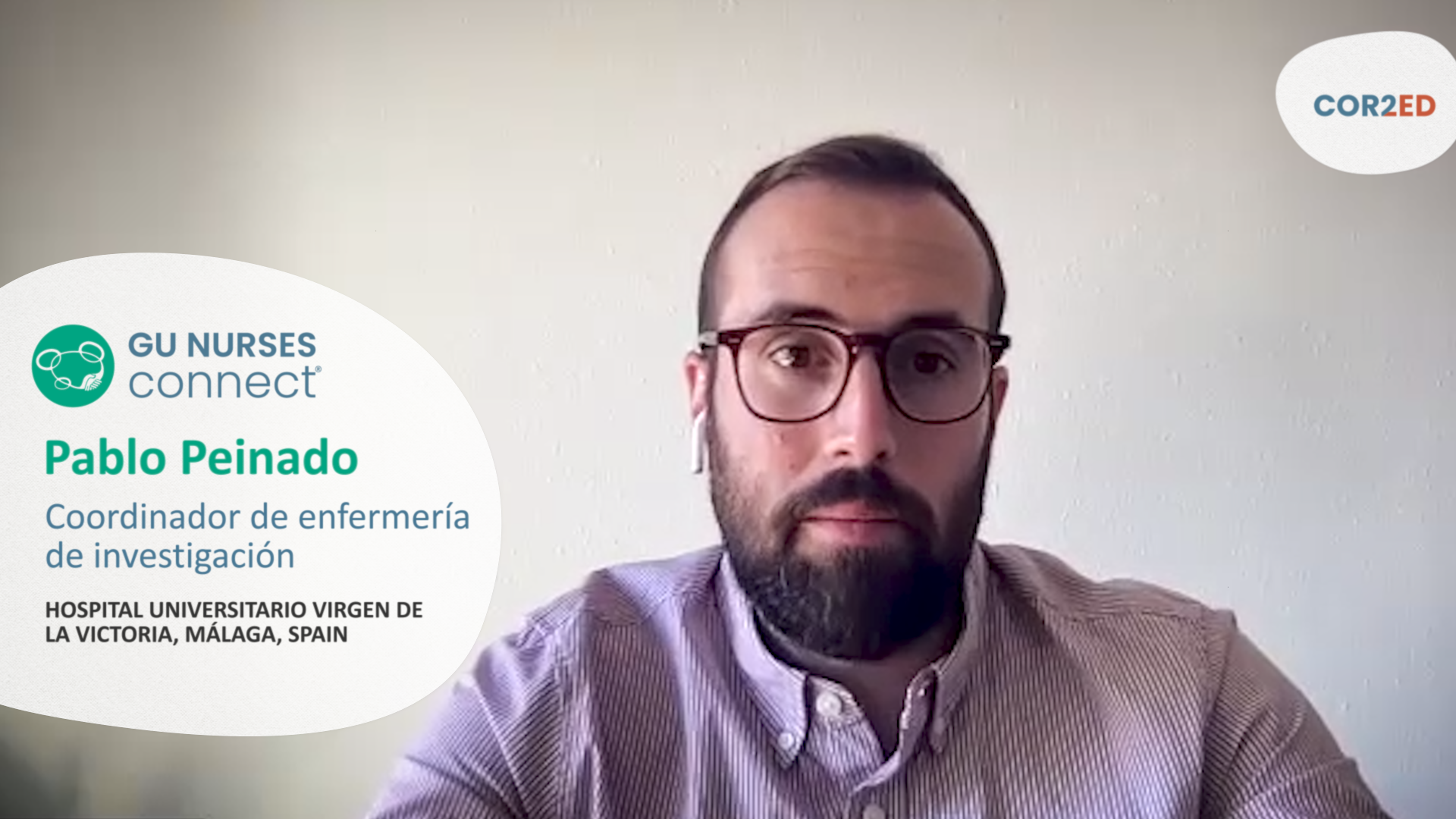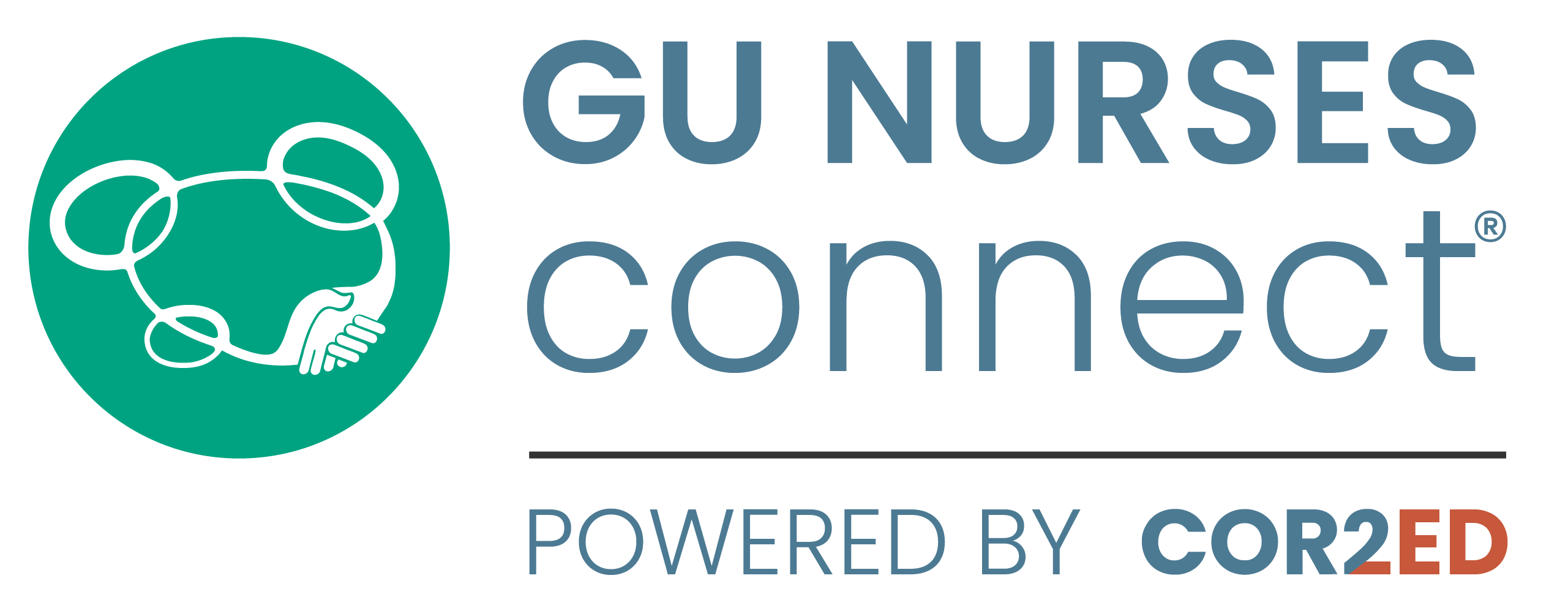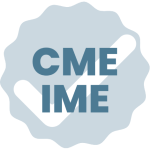GU NURSES CONNECT Update from EONS15 at ESMO 2022
Hi everyone, my name is Pablo Peinado and I am a Research Nurse Coordinator at the GU unit at the Hospital Universitario Virgen de la Victoria, Málaga, Spain. In this newsletter, I would like to give you some highlights of the abstracts presented this year in ESMO 2022 and EONS15, on behalf of GU NURSES CONNECT.
This year the presentations were really interesting and I would like to tell you a bit more about the following ones: First of all, Development and implementation of virtual pre-chemotherapy consultations, presented by Catherine Oakley. Secondly, Three Stage Capacity: The consent process for systemic anticancer therapy, presented by Fiona Barret. The last one, Impact of diet on immune checkpoint blockade: a nurse-directed dietary intervention, presented by Julie Malo.
In the first abstract, Catherine Oakley and her team showed how they have started an intervention group where they used digital tools such as short videos or interactive exercises to help both the patients and the nurses to give and receive better information regarding chemotherapy, immunotherapy or possible side effects before they start their treatments. The results of those interventions have been really positive, with really good feedback from the patients, their families, and cancer nurses, helping them to arrive better prepared to their first chemotherapy appointment.
Thanks to this intervention they have already changed their clinical practice, starting to train their staff to prepare new digital tools and identify patients who will benefit from this platform. This team has demonstrated a new way of using digital tools and platforms to improve our patient's preparations for their chemotherapy treatment, reducing the risk of suffering side effects, and the anxiety that comes with visiting a day treatment unit for the first time.
Regarding the second abstract, Fiona Barret and her team have developed a pilot study where they have divided the informed consent process for oncology patients in three different stages. With this process, the patient visits a senior medical oncologist, an oncology nurse and an oncology registrar, in 3 different appointments during 14 days. It gives to the patient and their families, enough time and information to understand their new treatment and the document that they are signing. The results have been really positive and the feedback from the patients has shown how they understood better the process and had enough time to give their consent in a more comprehensive way.
With this preliminary results, an interventional study is necessary, and I look forward to seeing it, so we could demonstrate if this new process will change our clinical practice, in one of the most important steps during our patient's treatment. The take-home message for this presentation would be the importance of the informed consent for our patients and how we should work to find a way where we make sure our patients understand the documents that they sign before they start their treatment.
In the third abstract, Julie Malo and her team have shown the importance of our microbiota in the efficacy of the treatments with chemotherapy and immunotherapy. With the results of their study, using the food frequency questionnaire, they generate a general view of the patient’s lifestyle. It showed an homogeneous and poor diet. At the same time, some types of food such as egg, coffee or rice were associated with a better clinical response in their patients.
Even if we know that it is necessary to study a lot more about the microbiota effects in these kinds of treatments, it is really important to know our patient’s lifestyle, in order to help them to modify it, and try to generate the best outcome possible for the treatment that they are receiving. This kind of research changes our clinical practice showing how we should focus, not only the treatment options for our patients but in the food and lifestyle that they are living, as this will affect their treatment outcomes.
Thank you for watching this newsletter video on behalf of GU NURSES CONNECT and please remember to go to the website and download the slides for more information.






 Downloadable
Downloadable  20 MIN
20 MIN
 Feb 2026
Feb 2026 








